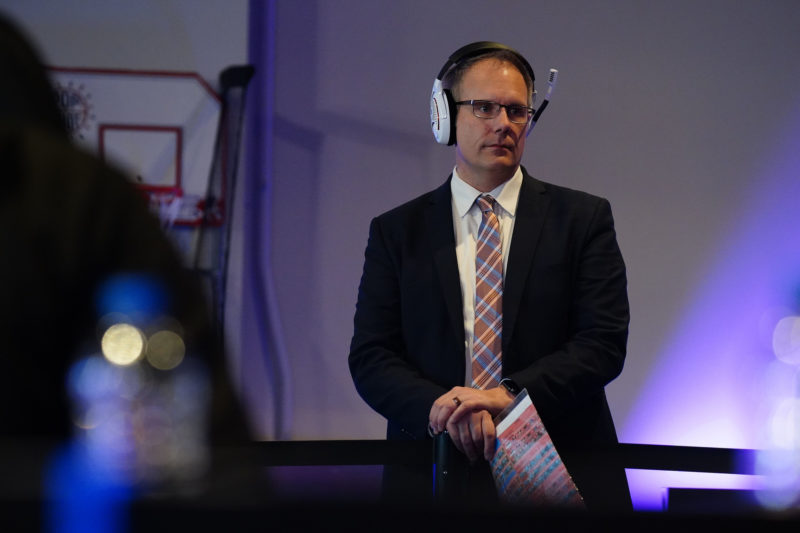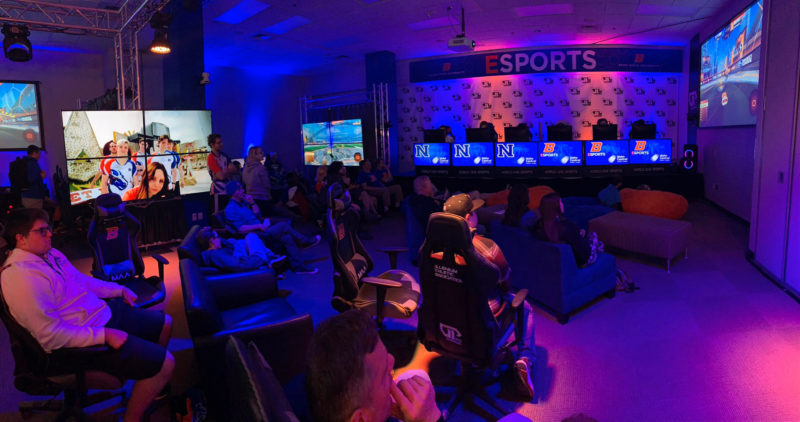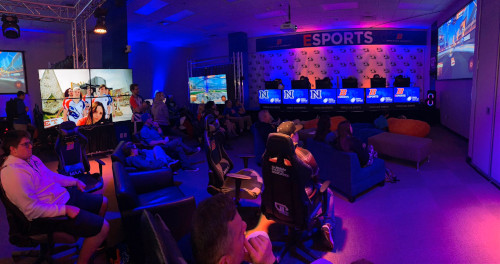Esports programs continue to grow at a rapid pace at both the collegiate level and at the high school level in the United States. With that growth, there are often salient questions that parents have when their children dive into the new world of scholastic esports and content creation: Are scholastic esports legitimate? What will they teach my child? Are you actually serious about a bunch of kids playing video games?
The answer to all of those questions is, without hesitation, yes. We are no stranger to those questions at NASEF and often talk with parents, educators, and students about the benefits of scholastic esports and the inclusion of video games into school curriculums.
Scholastic esports allows educators to open new pathways for their students in the burgeoning digital age of entertainment and education. The COVID-19 pandemic accelerated that in many ways, forcing classrooms to use online tools. Scholastic fellows are educators in a community of practice who develop and refine in- and out-of-school curriculum that leverages student interest in esports. One of the most common refrains among the NASEF fellows was how the digital tools of gaming and esports helped keep their students connected to each other in a world-state that demanded we stay apart. In our interconnected world, games are often a dominant force in bringing millennials and Gen Z together.
As more colleges invest in esports, more pathways have emerged for students and faculty. At Boise State, Doc Haskell, Clinical Associate Professor and Head Coach, has a blossoming esports program for students. Not only did they offer $100k in scholarships FY 21, they also plan to up that to $150k for the upcoming year. The scholarships they give out aren’t just for those who play on the competitive teams–the scholarships are also for those who want to pursue work in any aspect of esports.


Photos provided by Doc Haskell
Throughout his program he employs students in various aspects: shoutcasters, directors, technical directors, replay directors, hosts, graphic designers/artists, observers and observer directors, journalists, and more. Even with the well-defined roles in the Boise esports program, students aren’t limited by what they last did. “Someone might direct one night and be the technical director the next. Others might host for one event and switch to another role the next, depending on the game,” Doc Haskell told us. When they’re creating a show, the behind-the-scenes production looks like it could be for any sport or show.
- Are substitutes the answer to the teacher shortage? - June 13, 2023
- Preparing for ransomware attacks begins with education - June 13, 2023
- How to use UDL-inspired technology to reengage students - June 12, 2023

